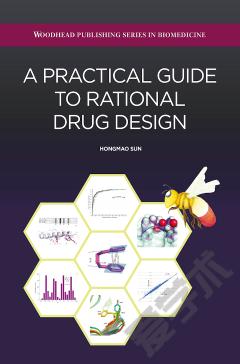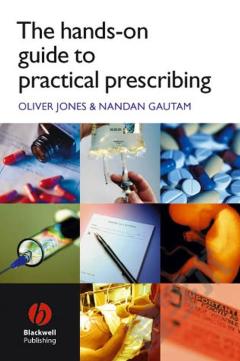A Practical Guide to Rational Drug Design
This book is not going to be an exhaustive survey covering all aspects of rational drug design. Instead, it is going to provide critical know-how through real-world examples. Relevant case studies will be presented and analyzed to illustrate the following: how to optimize a lead compound whether one has high or low levels of structural information; how to derive hits from competitors' active compounds or from natural ligands of the targets; how to springboard from competitors' SAR knowledge in lead optimization; how to design a ligand to interfere with protein-protein interactions by correctly examining the PPI interface; how to circumvent IP blockage using data mining; how to construct and fully utilize a knowledge-based molecular descriptor system; how to build a reliable QSAR model by focusing on data quality and proper selection of molecular descriptors and statistical approaches. A Practical Guide to Rational Drug Design focuses on computational drug design, with only basic coverage of biology and chemistry issues, such as assay design, target validation and synthetic routes.Discusses various tactics applicable to daily drug design Readers can download the materials used in the book, including structures, scripts, raw data, protocols, and codes, making this book suitable resource for short courses or workshopsOffers a unique viewpoint on drug discovery research due to the author's cross-discipline education background Explores the author's rich experiences in both pharmaceutical and academic settings
{{comment.content}}








 京公网安备 11010802027623号
京公网安备 11010802027623号